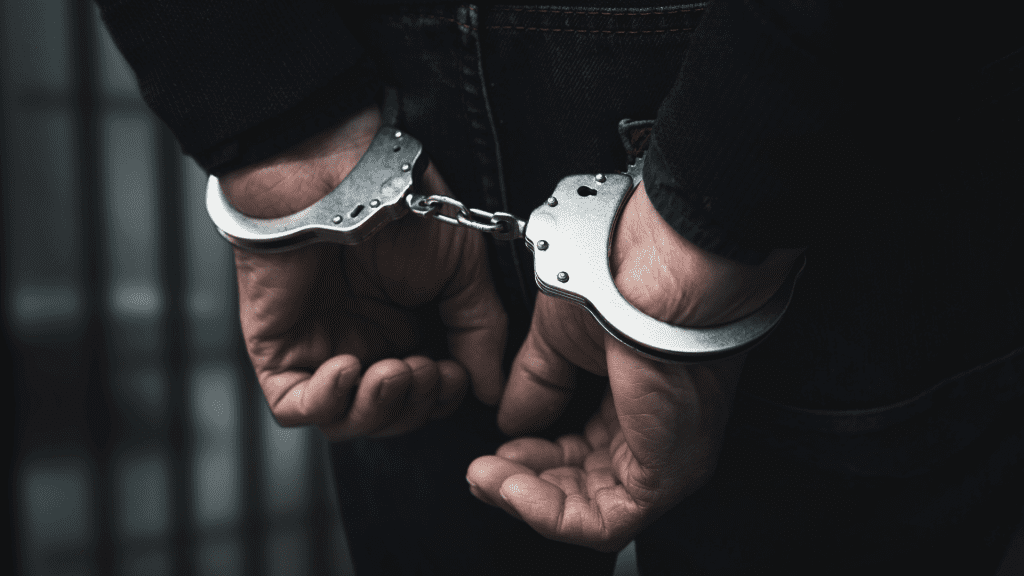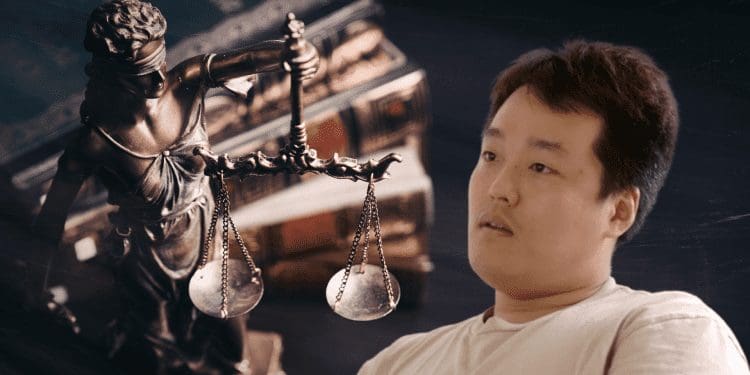- Do Kwon, co-founder of Terraform Labs, is at the center of an extradition case in Montenegro, with the High Court approving his transfer to either South Korea or the United States. The court’s decision adds another chapter to Kwon’s legal challenges.
- The Montenegro High Court has met the legal requirements for Kwon’s extradition. This development follows his arrest for using a forged passport and his involvement in the Terra ecosystem collapse, with a possible transfer depending on the justice minister’s decision.
- Do Kwon faces significant legal troubles in both the United States and South Korea. In the US, he is confronted with a fraud-related lawsuit and criminal charges, while in South Korea, he risks a long jail sentence for crimes related to the Terra collapse.
The latest developments in the legal saga of Do Kwon, co-founder of Terraform Labs, have emerged from Montenegro. The High Court in Podgorica has officially approved his extradition, paving the way for Kwon to be transferred to either South Korea or the United States.
This decision follows a tumultuous period for Kwon, marked by allegations of fraud and financial misconduct.

Legal Proceedings in Montenegro
Kwon’s legal journey took a turn when he was detained in Montenegro for using a fake passport in an attempt to travel to Dubai. The court sentenced him to four months in jail for this offense. His arrest in March 2023 was connected to his role in the dramatic $40 billion collapse of the Terra ecosystem in May 2022. Both the US and South Korea have since requested his extradition, with prosecutors in both countries preparing to press charges.
Impending Extradition and Charges
The fate of Kwon now rests in the hands of Montenegro’s minister of justice, who will make the final decision on the extradition. If approved, Kwon will face a series of legal battles in both the US and South Korea. In the US, he is accused of fraud by the Securities and Exchange Commission and faces additional criminal charges. South Korea presents an even grimmer prospect for Kwon, where he could face up to 40 years in prison for crimes predominantly committed in the country.
Kwon’s appeal against his imprisonment was recently rejected by Montenegro’s highest court, resulting in his continued detention at Spuž prison near Podgorica. Reports indicate that Kwon’s incarceration conditions are challenging, with limited outdoor time and suboptimal living conditions. This situation underscores the gravity of his legal predicament and the intense scrutiny he faces from authorities in multiple countries.














